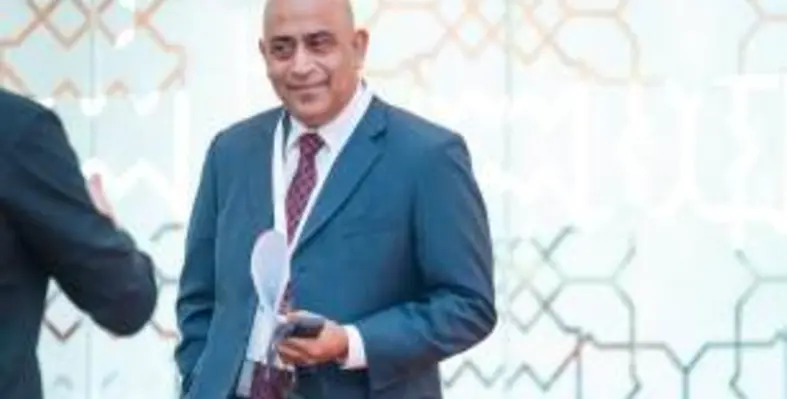Egypt?s minister of electricity and renewable energy met with safety science firm UL to gain valuable insight to the latest technologies in the sector and the safest methods of adopting them
Mohammed Shaker received the delegation from UL to identify and minimise risks of new technologies being implemented.
Both organisations now plan to collaborate on various aspects of electricity and renewable energy with a particular focus on safety, training and certifications.
During the meeting, UL presented its capabilities in the fields of renewable energy and fire protection systems and gave some insights on the latest technologies in both fields.
The Ministry shared the progress made in the sector in Egypt in recent years to increase the capacity of energy generated, improve efficiency and ensure the diversity of sources of energy, whether from renewable sources, coal or nuclear.
Various initiatives that have strengthened the market for private sector investments in the field of traditional and renewable energy, intelligent networks and electrical connectivity were also discussed.
Dr Shaker explained that the sector is open to new ideas and requested a submission of the proposal containing multiple pilot projects and training that will benefit the electricity sector in Egypt through the safe adoption of the technologies identified by UL.
Hamid Syed, UL vice-president for UL Middle East, said, ?We applaud the Egyptian government for the foresight it has shown by having such an open discussion and placing such a large emphasis on safety as it looks to adopt the latest practices and methodologies. We look forward to working with Dr Shaker and his colleagues and playing our part in the continued improvements in the energy sector.?
UL, the US-headquartered firm which has a MENA office in Dubai and a cutting-edge testing laboratory in Abu Dhabi, has been in demand with high-profile businesses and government entities in the region in recent years due to the increased focus on existing and new forms of energy as countries look to adopt a more sustainable approach to generation and consumption.









